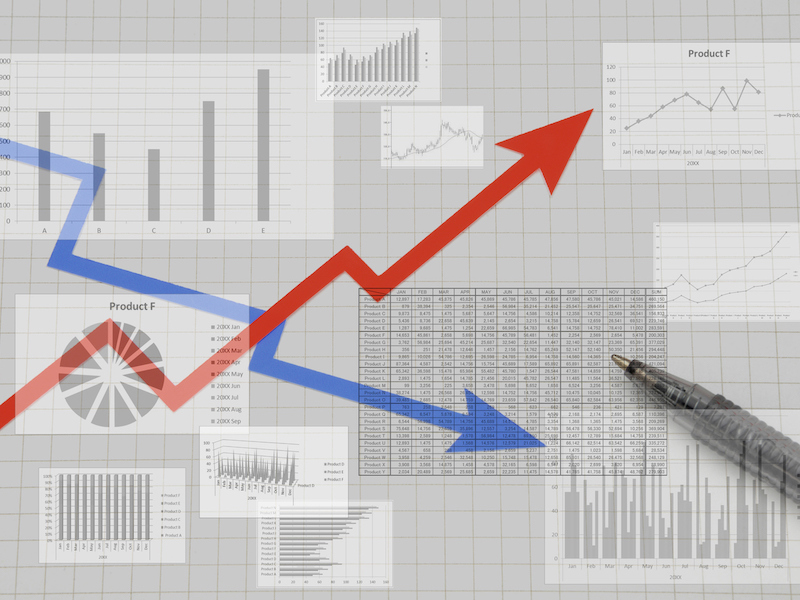
The outlook for U.S. business activity is looking up, with recent IHS Markit data highlighting optimism among American private sector firms.
A report released Friday said the IHS Markit Flash U.S. Composite PMI Output Index was at 54.7 in August (adjusting for seasonal factors), based on data collected between Aug. 12 and 20. That’s compared to 50.3 at the start of the third quarter and signalled “a strong increase in output,” the report said.
This increase is the first rise in service sector activity since the start of the year, and it was the fastest increase in production that goods manufacturers have recorded since January 2019, the report said. The period also “marked the sharpest upturn in private sector business activity since February 2019.”
Boons for private sector business in August included client demand and a solid rise in new business as well as “a steeper expansion in new order inflows than in July,” said IHS Markit.
These factors led to increased hiring, “with manufacturers indicating the first rise in staff numbers since February.”
In Europe, the rebound from the coronavirus recession appears to have slowed in August as a resurgence in new confirmed contagions across the region makes businesses, shoppers and travellers more cautious.
IHS Markit’s purchasing managers index (PMI) fell back to a level that suggests the economy is barely growing after a relatively strong burst in July, when many countries had phased out the restrictions on public life that were imposed in the spring to contain the pandemic.
Coronavirus contagions are rising rapidly in many European countries, even if deaths remain at a relatively low level. That has made some consumers more cautious. Europe’s busiest airline, Ryanair, said this week it was cutting back further on the number of flights as demand remains low.
That suggests the European economy, which had been expected to bounce back from recession more forcefully than the United States, could take longer to heal.
“The path taken will likely depend in large part on how successfully Covid-19 can be suppressed and whether companies and their customers alike can gain the confidence necessary to support growth,” said Andrew Harker, economics director at IHS Markit.
PMI, which is based on a survey of 5,000 companies across the 19-country eurozone, dropped to 51.6 points in August from 54.9 in July. The 50-mark separates economic contraction from growth.
The survey found that companies are cutting jobs for a sixth consecutive month, though not by as much as in April, with layoffs biggest in the manufacturing sector.
A significant weakening in European business would be a blow to the global economy as the region had been one of the most successful in getting the pandemic under control. The European economy is forecast to recover more rapidly from recession than the United States, which hasn’t yet managed to significantly reduce its first wave of contagions.
The eurozone economy shrank by a devastating 12.1% in the April-June period from the previous quarter but other indicators have pointed to a return to growth — from retail sales to manufacturing. The unemployment rate has held steady thanks to massive aid from governments to keep redundant workers on company payrolls. Some of that aid will phase out or be reduced in coming months, meaning job losses are likely to pile up.
Florian Hense, economist at Berenberg Bank, expects there to not be a repeat of the severe first wave of contagions and restrictions on business. But the uncertainty means the economy will take time to regain strength and won’t get back quickly to where it was before the pandemic.
“Governments should seriously consider to prolong, or at least phase out only slowly, furlough schemes that end this autumn,” Hense said. “Otherwise the hit to employment and income could trigger a double-dip recession.”